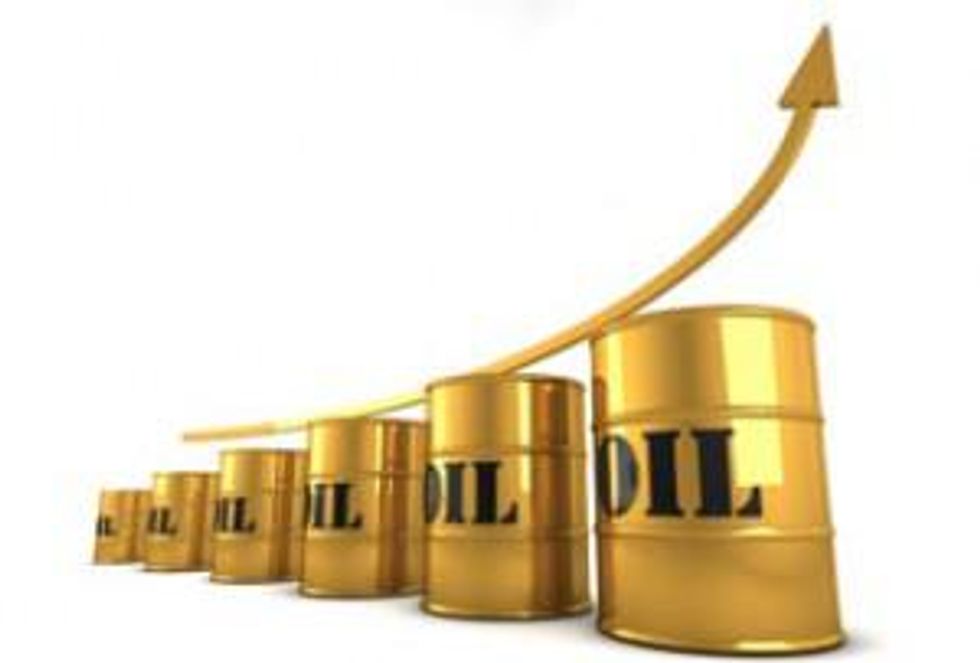Oil hit a nine-month high on Friday as insurgency in Iraq spurred fears about oil exports from the country.
Reuters reported that Brent LCOc1 traded at $113.35 at 1:30 p.m. that day, up 33 cents, while US crude CLc1 rose 57 cents, to $107.10. Both prices came off of slightly earlier highs.
According to The Huffington Post, Islamic militants took over various cities and towns in Iraq last week, and have threatened to march on the nation’s capital in order to “settle old scores.” Feisal Istrabadi, a former Iraqi ambassador to the United Nations, commented on the turmoil, stating, “[o]rdinary citizens feel disenfranchised and have no stake in the state anymore. This is an alliance of convenience where multiple disaffected groups have come to defeat … a common foe.”
Most violence is taking place in the northwestern portion of Iraq, far from major oil centers in the south, which are responsible for 75 percent of Iraq’s oil production. However, more serious problems could arise if the violence moves south.
That said, the International Energy Agency, based in Paris, is cautious regarding supply fears. According to Reuters, the agency stated, ”[c]oncerning as the latest events in Iraq may be, they might not for now, if the conflict does not spread further, put additional Iraqi oil supplies immediately at risk.” Similarly, US President Barack Obama said Iraqi oil supplies are not yet at risk, but told other Middle Eastern oil producers to be ready to “pick up the slack” if refineries in Iraq are threatened.
For their part, major players ExxonMobil (NYSE:XOM), BP (NYSE:BP,LSE:BP) and Shell (LSE:RDSA) are waiting with bated breath to see what happens to their interests in Iraq, as per The Wall Street Journal. All three have invested significantly in oil projects in the country. Jeff Dietert, head of research for Simmons & Co. International, told the publication, “[c]ertainly there’s potential for sabotage of pipelines and perhaps even the refinery over time,” also noting that important pipelines running from the Kirkuk oil field pass through areas thought to now be controlled by insurgents.
Interestingly, although oil prices have clearly risen, Christopher Helman of Forbes believes it is possible that oil markets are underreacting. In a recent article, he highlights Iraq’s importance as a global oil producer and draws attention to one option of “taking refuge” by investing in oil producers focused on the US, namely Pioneer Natural Resources (NYSE:PXD), Continental Resources (NYSE:CLR) and EOG Resources (NYSE:EOG).
As Helman notes, Iraq is the fourth-largest oil exporter in the world.
Securities Disclosure: I, Teresa Matich, hold no investment interest in any companies mentioned.
Related reading:
Infographic: Evaluating the US Energy Market
What Would Happen if the United States Lifted its Crude Oil Export Ban?






